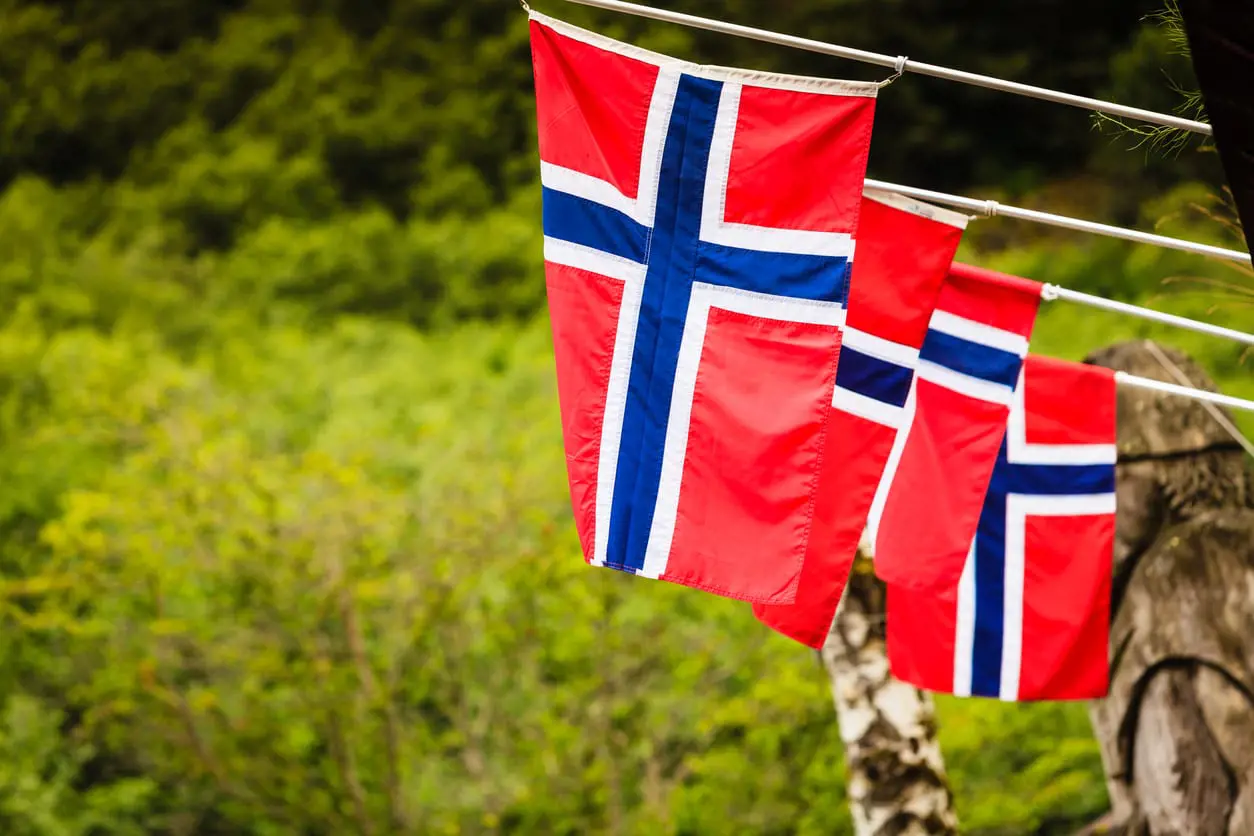Norwegian trade group takes aim at new gambling law
The Norwegian Industry Association for Online Gaming (Norsk Bransjeforening for Onlinespill/NBO) has called for a complete rethink on rules relating to the sector in its official response to the country’s proposed new gambling legislation.

The NBO said the bill that seeks to unify the existing Lottery Act, Gambling Act and Totalisator Act and maintain Norsk Tipping and Norsk Rikstoto's monopolies in the market means poor standards of protection and value for customers.
In its submission during the consultation phase, the NBO said channelling rates are currently less than 50%, with the majority of Norwegian players not protected by domestic regulations leading to problem gambling cases more than doubling between 2013 and 2019.
NBO advocates a licensing model for private opeartors, with a tax rate of 15% which it says would result in an expected channeling rate of more than 95%.
This would also generate additional tax revenues of NOK 1.215bn which, it said, the authorities can distribute in the same way as Norsk Tipping’s profits.
Licences should be available to companies that meet a variety of criteria particularly related to responsible gaming, and a self-exclusion tool should be introduced that covers all operators, the NBO continued. All licensed operators must also be required to be able to account for customers available funds, both to detect money laundering and to prevent players using credit to fund gambilng, and from gambling beyond their means.
“Through such a re-regulated licensing model, the Norwegian authorities will ensure a much higher degree of channelling for gambling in Norway,” said NBO secretary general Carl Fredrik Stenstrøm.
“This in turn will provide far better protection for vulnerable players and generate increased government revenue.”
The NBO cited apparent success stories in recent years in neighbouring Denmark and Sweden, both of which have opened up their markets to private gaming operators.
“In Denmark, they introduced their licence model in 2012. With a tax rate of 20%, they have reached a channelling rate of 91%,” the NBO said.
“During NBO's launch seminar in 2019, concluded the then-director Birgitte Sand of the Danish Gaming Authority that the re-regulation was successful both for problem gambling, channelling and tax revenue.”
NBO also added that the ban on television adverts featuring overseas gambling operators simply leads to adverts being placed on digital channels with less oversight. It added that marketing spend has actually decreased in Sweden since the country introduced its open market.
Norway notified the draft Gambling Act to the European Commission in August after launching a consultation process in June.
At present, Norsk Tipping and Norsk Rikstoto hold monopolies in Norway, with sole rights to offer gambling games with a high turnover, high prizes or present the biggest risk of causing gambling-related problems.
The revised act sets out that these operators would be subject to strict public control and must abide by requirements set out in their licences. These include having in place responsible gambling measures and methods to combat gambling-related crimes.
Non-profit organisations would also be able to offer gambling games with low turnover and prizes of small value to players in the country.
Meanwhile, an existing ban on payment transfer for deposits or winnings related to gambling offered by operators without a permit in Norway would stay in place, as would a provision for a percentage of profits from legal games to go to non-profit organisations.
In terms of marketing, the act states that the promotion of legal games would be permitted on a limited basis, but operators must ensure these advertisements are presented in a safe and responsible manner.
“The proposed act aims to prevent gambling problems and other negative consequences of gambling games, and to ensure that such games take place in a responsible manner,” the legislation explained. “This corresponds to the main objectives of the Norwegian gambling policy, which are to prevent problematic gambling activity and protect vulnerable players, prevent crime and prevent private profits from gambling.
“The act will harmonise the legislation applicable to the gambling sector in Norway, and will provide a more coherent and systematic approach to risk assessment, enforcement and sanctions applicable to the sector.”
The consultation process came to an end on 29 September, and Norwegian gambling regulator Lotteri- og stiftelsestilsynet (Lotteritilsynet) has already come out in support of the proposed new framework. However, it did call for tighter restrictions around play, proposing that all forms of gambling be limited to registered players, something it said would ensure greater oversight of customer activity. This in turn would help Norsk Tipping and Risktoto intervene should any customer display signs of unhealthy behaviour, it said.